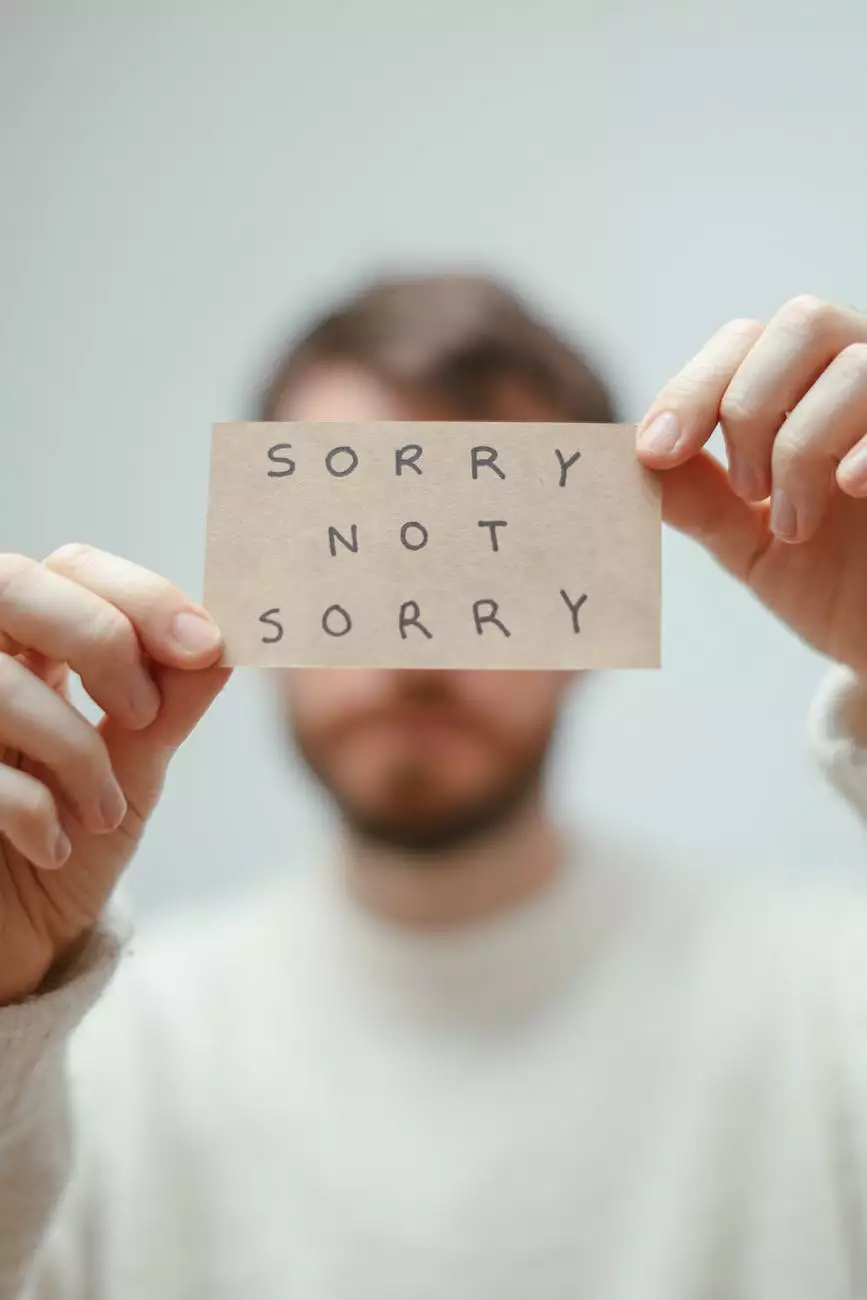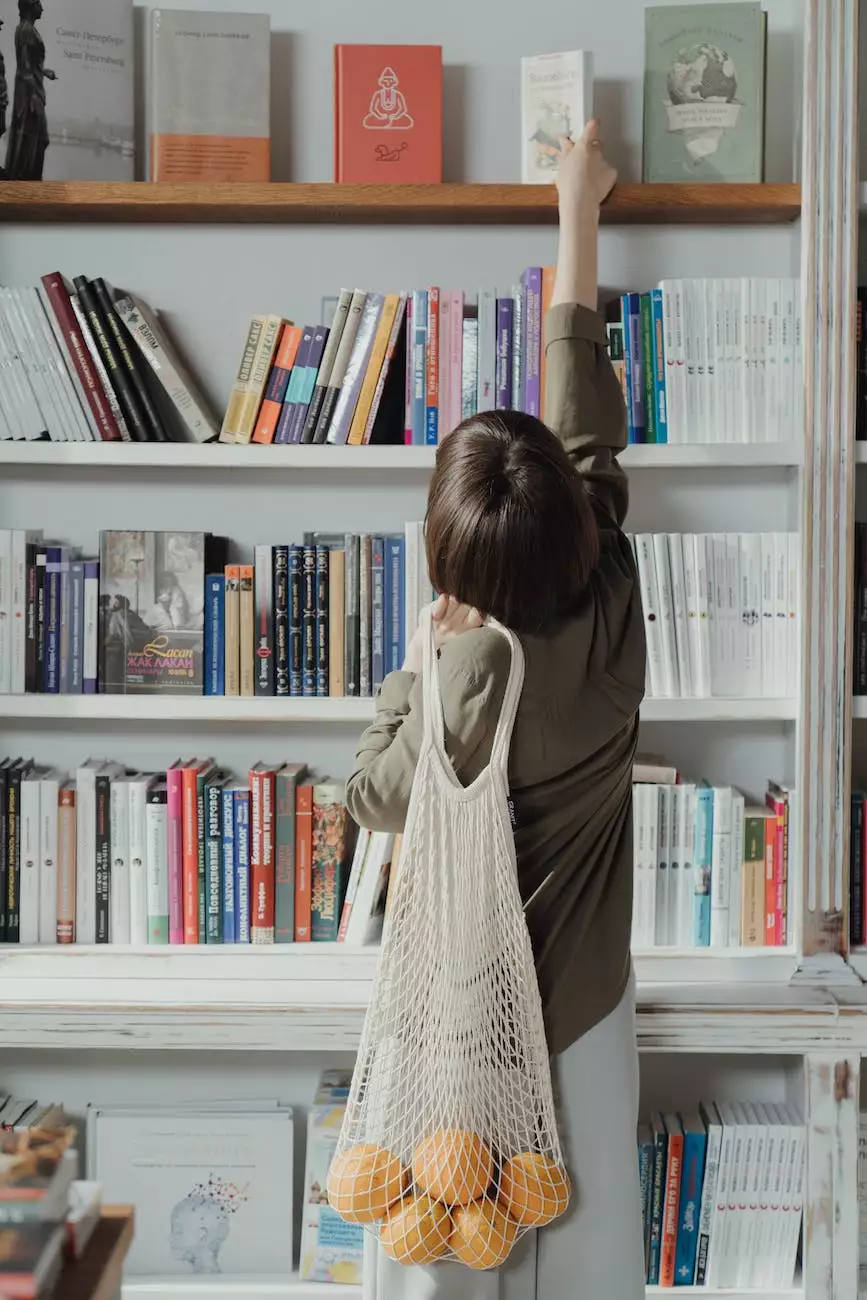375 - Six Apple Idioms
English Vocabulary Lessons
Introduction
Welcome to NJCLT, where we explore the fascinating world of idioms! In this article, we dive into six intriguing apple idioms, uncovering their meanings, origins, and usage in everyday life. Join us as we unlock the secrets behind these expressions intricately woven into our language.
Idioms:
1. An Apple of Someone's Eye
The phrase "an apple of someone's eye" often refers to a person or thing that is cherished or greatly admired by another individual. It could be a child, a romantic partner, or even a prized possession. This idiom has its roots in ancient texts, including the Bible, where it is used to symbolize someone's favorite or most valued possession.
2. The Apple Doesn't Fall Far from the Tree
"The apple doesn't fall far from the tree" is an idiom that implies that children often inherit traits, characteristics, or behaviors from their parents. It suggests that family resemblances or similarities in behavior can be observed across generations. This idiom serves as a reminder of the impact parents have on shaping their children's lives.
3. An Apple a Day Keeps the Doctor Away
Everyone's familiar with the saying "an apple a day keeps the doctor away." This idiom emphasizes the importance of maintaining a healthy lifestyle to prevent illness. While it may not be entirely accurate in a literal sense, it encourages people to prioritize their well-being by making nutritious choices. Apples are considered a symbol of health, making this idiom a popular one.
4. The Big Apple
When you hear "the Big Apple," colorful images of New York City may come to mind. This nickname represents the city's prominence and status as a cultural and economic hub. Its origin remains unclear, but it gained popularity in the 1920s when jazz musicians began referring to New York City as "the Big Apple." Today, it has become an iconic metaphor synonymous with the city.
5. Upset the Apple Cart
"Upset the apple cart" is an idiomatic expression used to describe situations where one's actions disrupt or disturb the existing order or plans. It suggests causing chaos, upsetting the balance, or introducing unexpected variables. The idiom originates from marketplaces where literal apple carts would be overturned, scattering the apples and causing disruption.
6. Compare Apples and Oranges
When someone says "you're comparing apples and oranges," it means you're trying to compare two things that are fundamentally different and hence, cannot be compared fairly. This idiom highlights the importance of considering relevant factors when making comparisons, as comparing unrelated or dissimilar things can lead to inaccurate conclusions.
Conclusion
And there you have it! Six apple idioms, each with its own unique meaning and history. These expressions add flavor and depth to our language, offering insights into human nature, relationships, and the world around us. Next time you come across one of these idioms, you'll have a deeper understanding of their origins and usage thanks to NJCLT.










